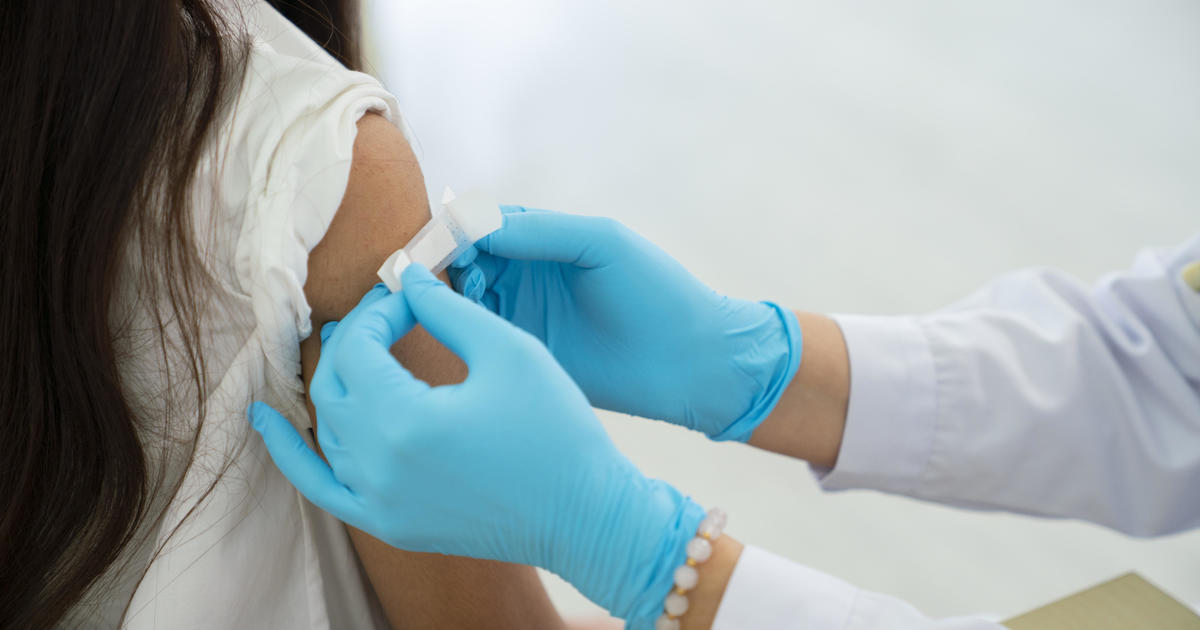A Better Night’s Sleep: Your Secret Weapon Before and After a Jab
Why Your Pillow Matters as Much as the Needle
If you’re prepping for a flu shot, a COVID booster, or any other vaccination, add “solid night’s sleep” to the checklist right next to “bring insurance card.” A sweeping review in Current Biology shows that logging less than six hours of shut-eye around the date of vaccination can slash the antibody surge your body produces compared with people who bank at least seven hours.
Antibodies = First Line of Defense
- Function as a clinically relevant marker of how well the vaccine will protect you.
- Surge hours after the jab, then plateau; the higher the spike, the longer the protection.
- Adequate sleep may widen this window of safety, keeping antibody levels elevated for months.
Men vs. Women: One Size Does Not Fit All
The link between Z’s and immunity was especially pronounced among men. Researchers chalk this up to wobbly estrogen and progesterone swings in women—each menstrual phase, contraceptive choice, and post-menopausal stage tweaks immune performance. Yet none of the pooled studies tracked hormone levels, so that gender gap has a giant asterisk.
What We Still Don’t Know
– How many hours are “ideal”? (Seven seems good; is nine even better?)
– Which exact days—before, day-of, or days after—carry the most weight?
– Whether women’s cyclical hormones blur the benefit of extra slumber.
Bottom Line
In a pandemic era that keeps asking more of our immune systems, quality sleep is the cheapest and easiest leverage you have to stretch your vaccine’s strength. So set a bedtime reminder, shut off screens early, and let your pillow do some of the hard immunological work for you.




